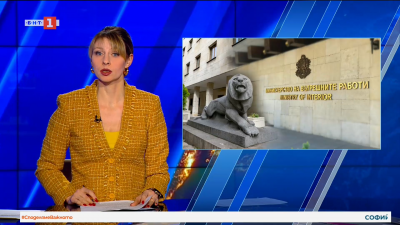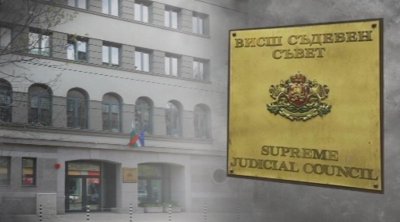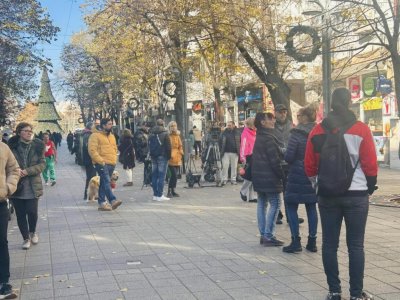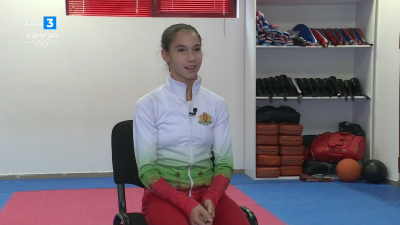Bulgaria’s Parliament conclusively adopted the changes in the Constitution
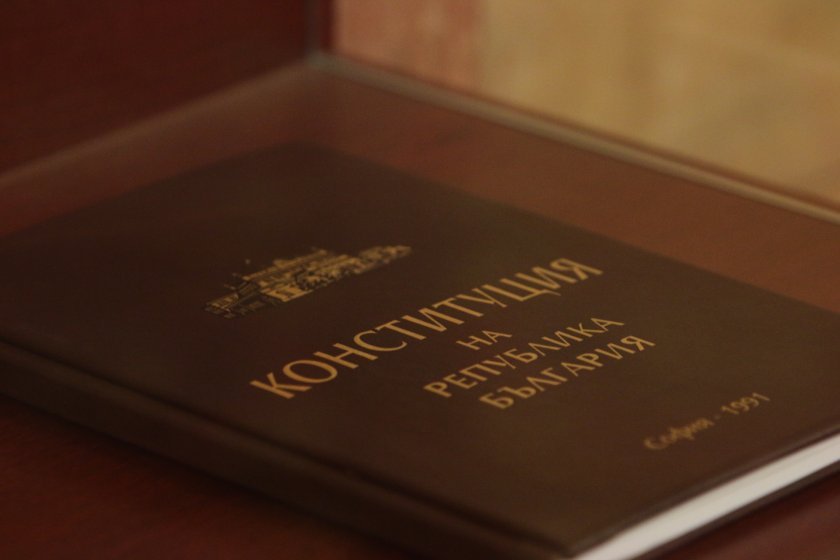
Bulgaria’s Parliament on December 20 conclusively adopted the changes in the Constitution with the applause of the MPs from GERB-UDF, “We Continue the Change-Democratic Bulgaria” (WCC-DB) and the Movement for Rights and Freedoms (MRF) and the criticism of the opposition.
- The ruling majority define the adopted amendments as one of the biggest steps for the last three decades towards Bulgaria being a modern, European state and the rule of law.
- According to the opposition, the changes will cause harm, and the constitutional majority is acting for its own benefit.
- President Rumen Radev announced that he would refer the constitutional amendments to the Constitutional Court and defined the changes as an "experiment" for which Bulgarians will pay a heavy price.
Here is what the adopted amendments to the Constitution provide for:
- The powers of the President are limited when forming a caretaker government.
In a caretaker government, the Prime Minister will be chosen from a list of people. It includes the Speaker of the Parliament, Governor or Deputy Governors of the Bulgarian National Bank, Chair or Deputy Chair of the National Audit Office, Ombudsman or Deputy Ombudsman.
Initially, the list included the president of the Supreme Court of Cassation, but he was dropped after criticism from constitutionalists.
- The term in office of the Prosecutor General is reduced from 7 to 5 years.
In addition, the Prosecutor General is not eligible to run for a second term.
- The Supreme Judicial Council is divided into two.
There are a High Judicial Council with 15 members and a Prosecutorial Council with 10 members.
The new format of the Supreme Judicial Council includes the presidents of the Supreme Court of Cassation and the Supreme Administrative Court, 8 members elected by the judges and 5 members elected by the Parliament.
The Prosecutors’ Council includes the Prosecutor General, two members elected by the prosecutors, one member elected by the investigators and 6 members elected by the Parliament.
- Bulgarians with dual citizenship will have the right to become MPs.
Bulgarians with dual citizenship can now be elected as Members of Parliament. The condition is that they have lived in the country for the past 18 months.
Get the latest news wherever you are!
Follow us on
Facebook
and
Instagram
Follow BNT’s YouTube channel
You can now also watch us on
TikTok
Find us on
Google News







